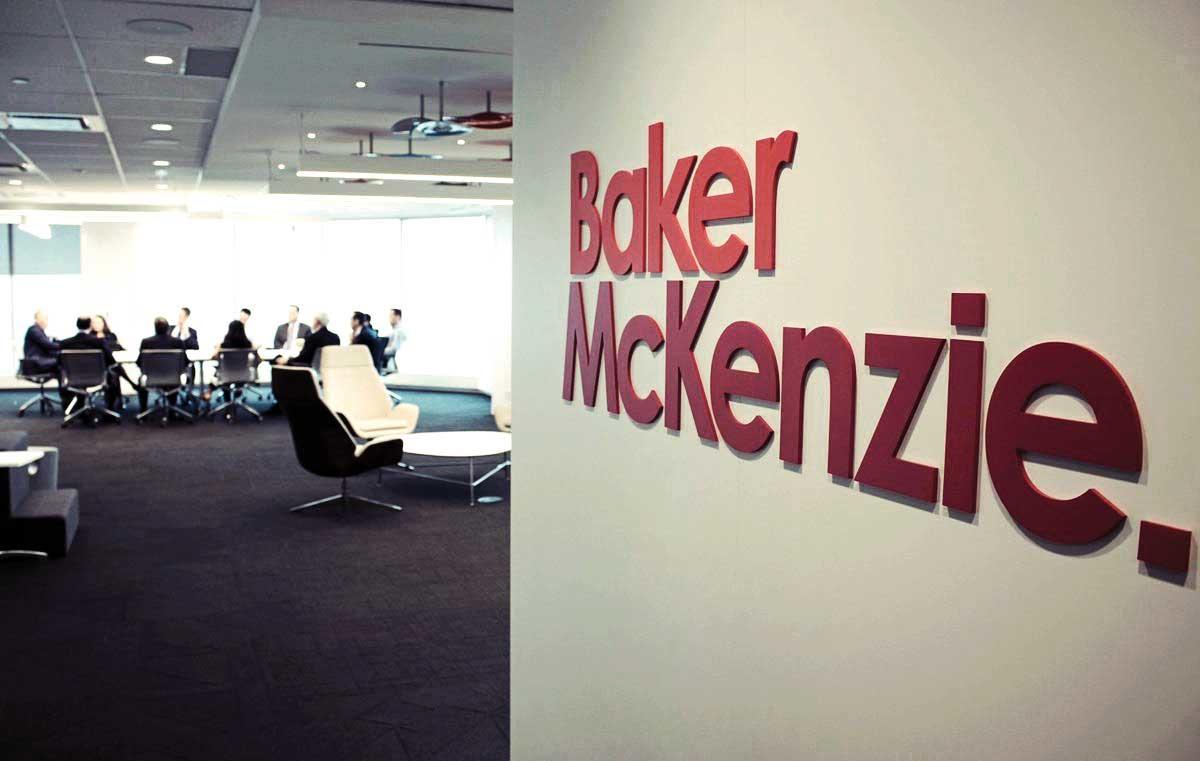By Lerisha Naidu, Partner, and Ryan McKerrow, Associate, Competition & Antitrust Practice, Baker McKenzie, Johannesburg
A Virtual Approach to Competition Law
The Competition Commission in South Africa is renowned as one of the most active regulators on the continent. Accordingly, competition law compliance is essential for businesses operating in, or producing effects in, South Africa. Those businesses implicated in the recent spate of COVID-19-related excessive pricing complaints brought by the Commission can attest to this. And with indications that competition authorities across the globe are preparing for an uptick in collusive practices as a predicted response to a challenging economic environment, competition law compliance is necessary perhaps now more than ever. Law firms will therefore be increasingly called upon to provide clients with high quality and dependable competition law support. This call must, of course, be answered within the framework of our new, virtual, reality.
Compliance Training and Advisory Solutions
To ensure that businesses are adequately equipped to deal with an actively-regulated competition law environment, tailored virtual training programmes will need to be rolled out, creating an awareness among key employees of compliance risks and the steps necessary to mitigate them. Law firms will also need to continue providing their clients with advisory support on all competition-related issues, with a particular emphasis on those arising from changing economic circumstances.
Merger Control
In merger work, law firms are already engaging with the Commission on a virtual basis: pre- and post-merger consultations are carried out telephonically and by video conferencing; analyses are facilitated by virtual data rooms; and merger notifications and follow-up submissions are processed electronically. In the case of large mergers, which are considered by the Competition Tribunal, physical hearings are no longer the order of the day, with proceedings now being conducted by way of web-based video conferencing.
Prohibited Practices
In respect of complaint proceedings, parties are able to serve pleadings electronically. Additional trial documents may also be shared with the Commission and the Tribunal electronically. As alluded to above, hearings before the Tribunal are already being conducted virtually, and on the basis of this progressive precedent, it is expected that appeals before the Competition Appeal Court will soon follow suit. Remote hearings will be particularly welcomed in respect of proceedings before the Appeal Court, which have in the past been heard in Cape Town, despite the Commission and the Tribunal being situated in Pretoria and respondents more often than not being situated outside of the Western Cape.
Looking Forward
Most importantly, law firms will need to keep an eye on the horizon, constantly looking for new ways to support their clients. As a case in point, recent reports from abroad indicate that the competition authorities are now using data mining, algorithms and machine-learning as tools for identifying competition law infringements and mounting cases against respondent firms. Dynamic law firms will respond to such threats by harnessing these and other technologies to improve compliance efforts and to defend prosecutions.
Conclusion
With modern business being characterised by an ever-shifting environment, such that change really is the new normal, there is an increased need for law firms to be versatile in their ways of thinking and working. Those that embrace change are more likely to survive, and indeed thrive, while those that remain static will certainly fare less well.





